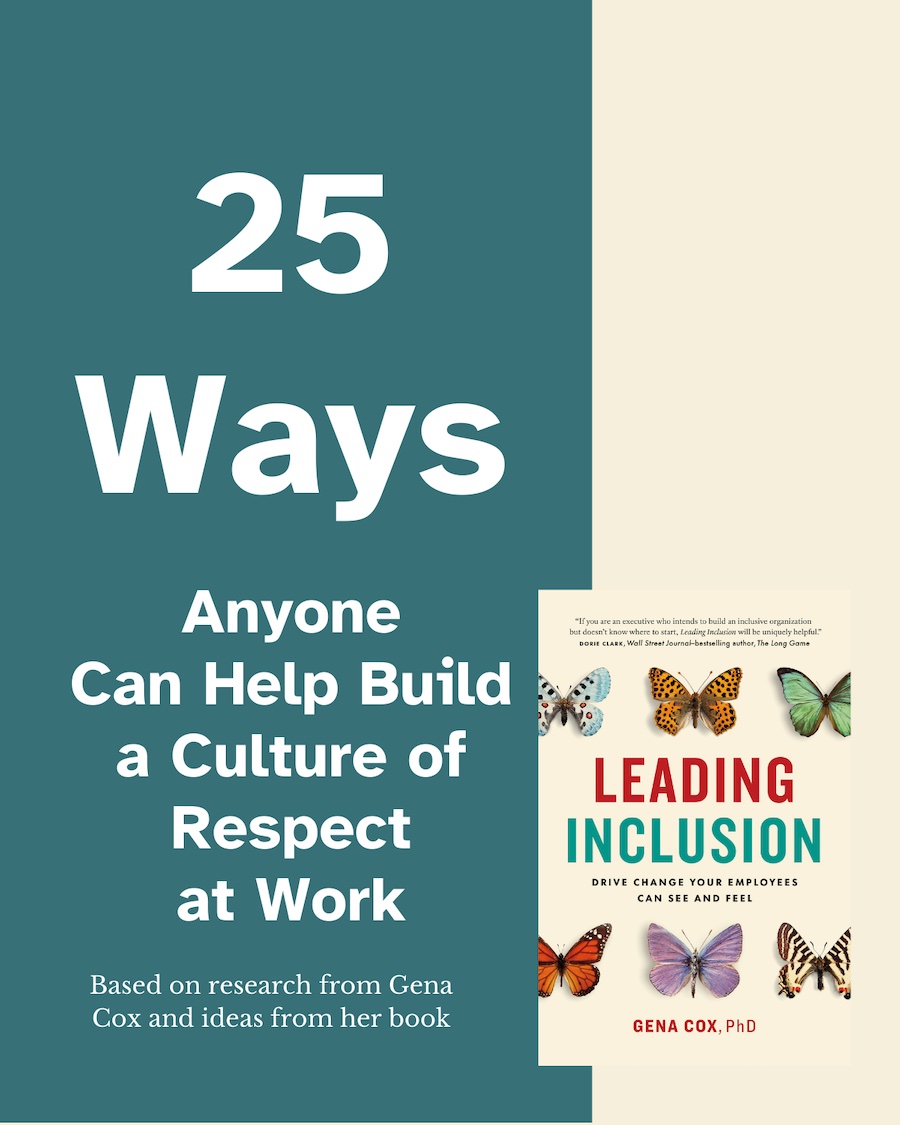Quiet-quitting is a bad career strategy

Since the Spring of 2022, there has been a lot of media coverage about a phenomenon called “quiet-quitting.” While some content creators suggest that quiet-quitting is a viable strategy for getting what you want in your career, I beg to differ. It’s a bad idea for anyone to leave their job for another job without thinking the decision through carefully. However, looking for a new job rather than staying unhappily employed (and quitting quietly) in a current one is better in the long run.
Here are 3 reasons why you should look for another job rather than quiet quit
- Quiet quitting is not a proactive career strategy; it is more of a passive-aggressive approach that will make an employee feel worse about themselves over time and could inhibit their pursuit of jobs and opportunities that could enhance their future value in the labor market. -The ultimate psychological consequence could be that far from enhancing feelings of control, quiet quitting might reduce a person’s self-esteem. Collapse
- Quiet quitting might be more obvious to your employer than you realize. You risk tarnishing your professional reputation and alienating your boss and colleagues by staying and exhibiting what we I/O psychologists call “counterproductive work behavior (CWP)”.
- The job you are in may not be best for you. Take the time to think through what is causing your current disengagement and use those factors as criteria for deciding if another job will be better, just as bad, or worse. In other words, you should do a reasoned cost-benefit analysis. In this volatile work environment, one might conclude that the risks outweigh the benefits. However, staying in a disengaging situation can contribute to burnout, stress, and emotional distress. It would be better to leave if things have reached the point that staying could cause psychological harm.
I am not an advocate for quiet-quitting. This behavior harms companies, but it is even more damaging to the individuals who chose to do it.









